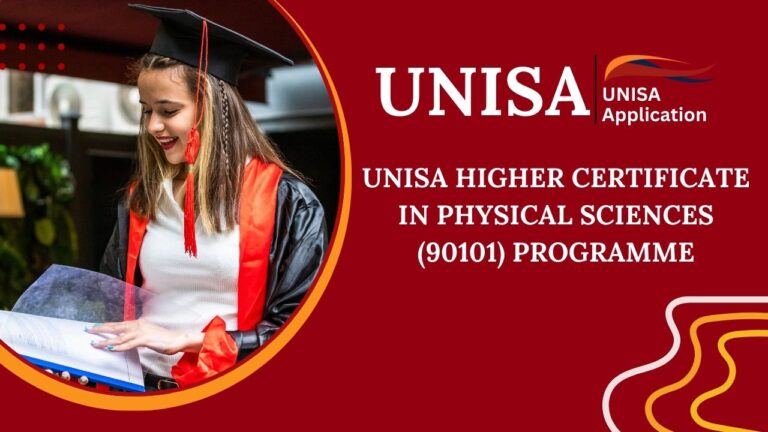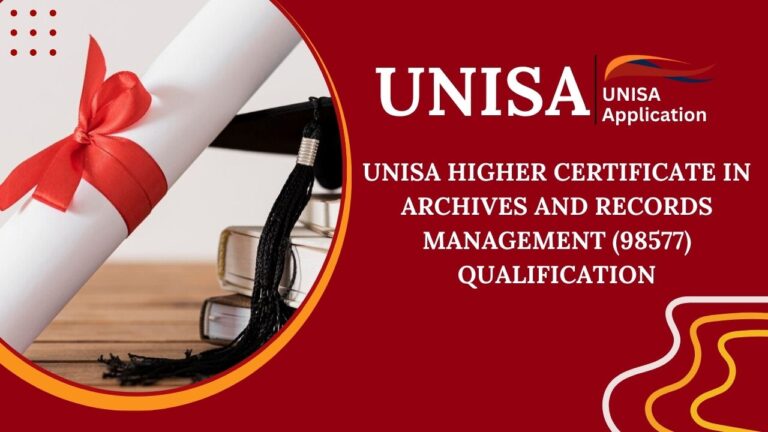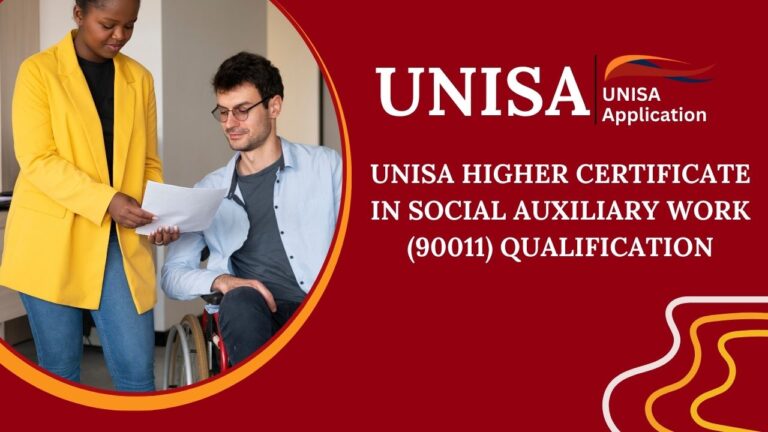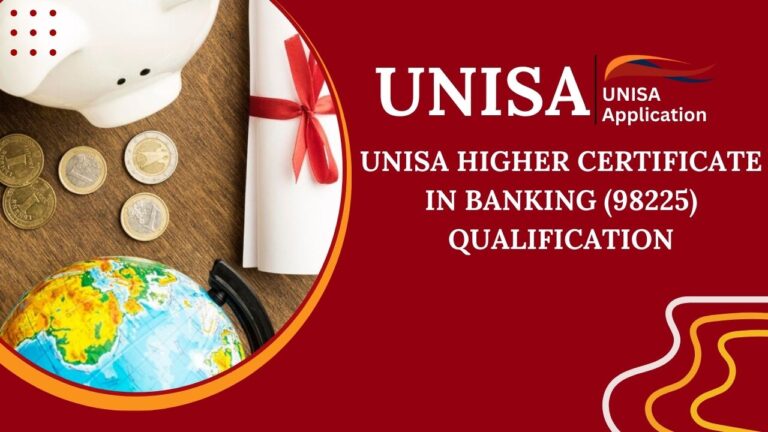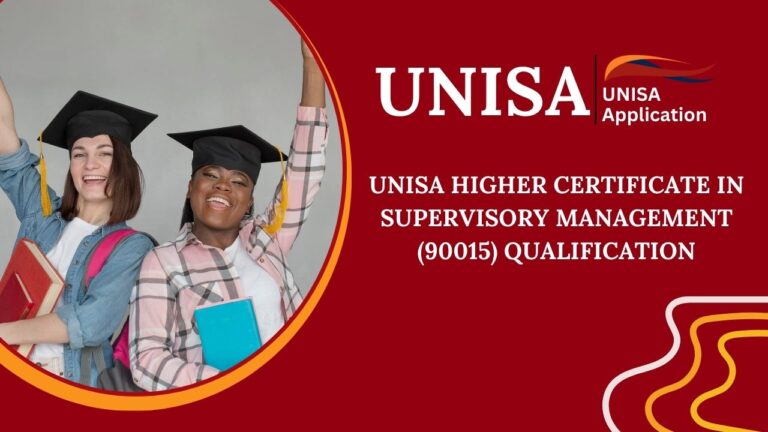UNISA Higher Certificate in Law (98751) Qualification
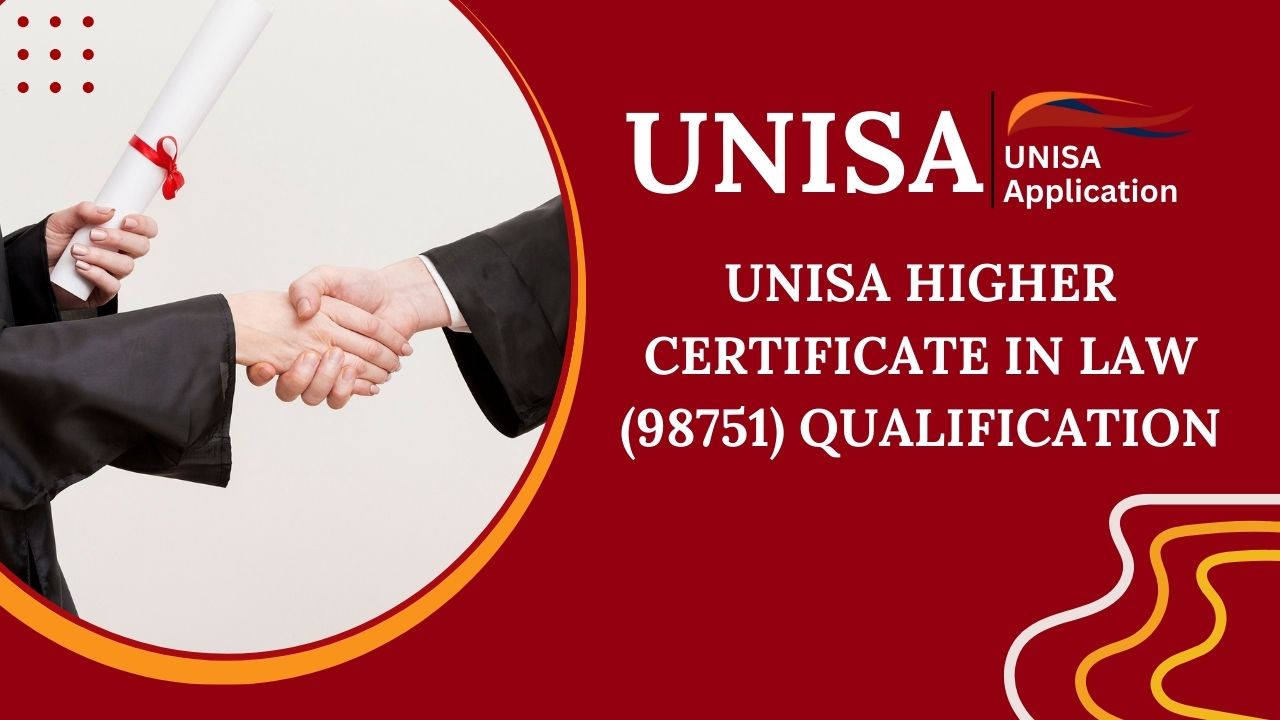
UNISA Higher Certificate in Law (98751) Qualification. The UNISA Higher Certificate in Law (Qualification Code: 98751) is a fundamental legal qualification designed for students who do not meet the minimum admission requirements for diploma or degree studies in the College of Law. This NQF Level 5 qualification, consisting of 120 credits, provides a strong foundation in legal principles, preparing students for further studies or entry-level roles in the legal profession.
Why Choose the UNISA Higher Certificate in Law?
The Higher Certificate in Law is ideal for individuals seeking to:
- Gain entry into diploma or degree programs within the College of Law.
- Build foundational knowledge of legal principles and practices.
- Improve computer literacy, essential for legal research and business applications.
- Develop analytical and critical thinking skills applicable in the legal field.
Mode of Learning
UNISA offers this program through both online and distance learning. This flexible approach allows students to study at their own pace while balancing work and other commitments.
Who Can Register for This Qualification?
New Applicants
- Only those who have received and accepted an official offer from UNISA may register.
- Incorrect admissions will result in cancellation of registration.
Re-registering Students
- Those already enrolled may re-register for the 2025 academic year once the registration period opens.
Applying for a New Qualification
- If you wish to switch to a different qualification, you must apply online within the prescribed application period.
How to Choose Your Modules
To successfully complete the Higher Certificate in Law, students must pass a set number of NQF level credits within a specified timeframe.
- Co-requisite: If Module A is a co-requisite for Module B, you must register for both simultaneously.
- Pre-requisite: You must pass Module A before registering for Module B.
- Maximum Credit Load:
- 60 credits per semester
- 120 credits per academic year
- Excludes supplementary/aegrotat exams and non-degree/diploma modules
- Time Commitment:
- Semester modules: 6 to 8 hours per week
- Year modules: 4 to 6 hours per week
Curriculum for the UNISA Higher Certificate in Law
The following compulsory modules form part of the Higher Certificate in Law curriculum:
| Module Name | Module Code | Pre-requisite / Co-requisite / Recommendation |
|---|---|---|
| Language and Communication Skills Acquisition in an African Language I | AFL1503 | None |
| Citizenship, Public Participation and Democracy | CPD1501 | None |
| Introduction to the General Principles of Criminal Law | CRW1501 | None |
| Academic Language and Literacy in English | ENG1503 | None |
| Introduction to Law | ILW1501 | None |
| Developing Information Skills for Lifelong Learning | INS1502 | None |
| Introduction to Research Methodology for Law and Criminal Justice | IRM1501 | None |
| Introduction to Paralegal Studies | PAR1501 | Co-requisite: SCL1501 & ILW1501 |
| Skills Course for Law Students | SCL1501 | None |
| Social Dimensions of Justice | SJD1501 | None |
Career Opportunities with a Higher Certificate in Law
Graduates of this program can explore entry-level roles such as:
- Legal Assistants
- Paralegals
- Administrative Roles in Law Firms
- Clerks in Government Departments
Additionally, successful completion allows students to pursue advanced diploma or degree programs in law.
Why Study at UNISA?
As South Africa’s largest open-distance learning institution, UNISA provides accessible, affordable, and flexible legal education. Students benefit from:
- Accredited qualifications recognized by SAQA (South African Qualifications Authority).
- A well-structured curriculum designed to introduce students to legal practice.
- Comprehensive online learning resources and student support services.
Conclusion
The UNISA Higher Certificate in Law is a stepping stone for individuals passionate about the legal field. Whether you aim to further your studies or step into a legal career, this qualification offers the knowledge, skills, and confidence needed to excel in the legal profession.

